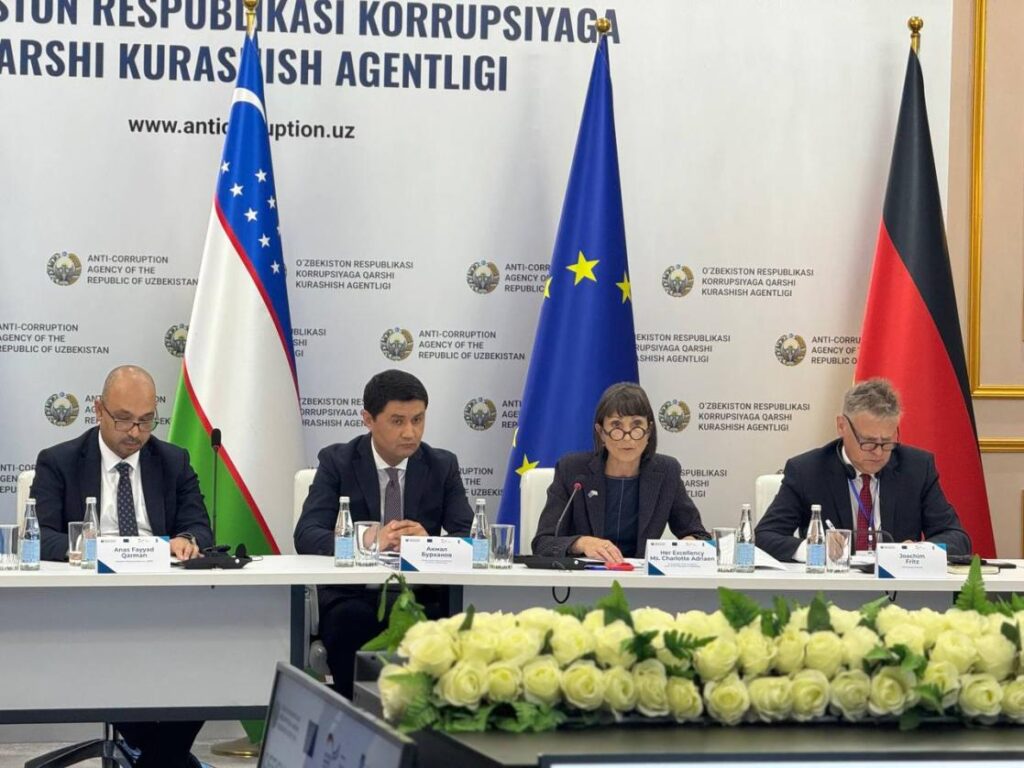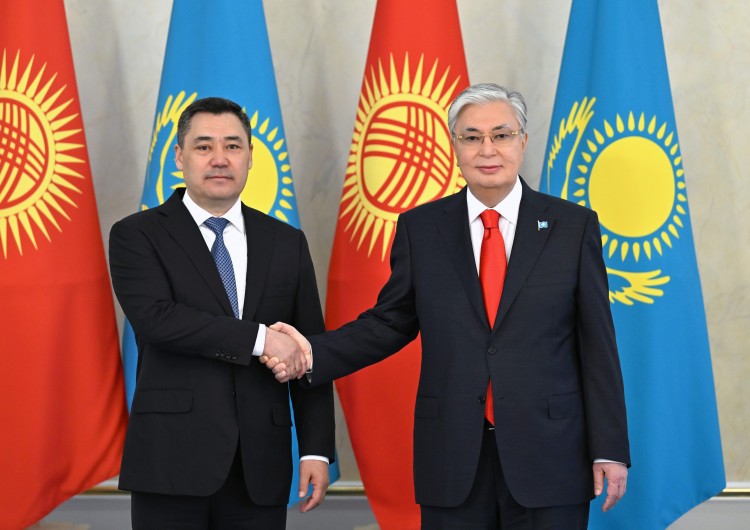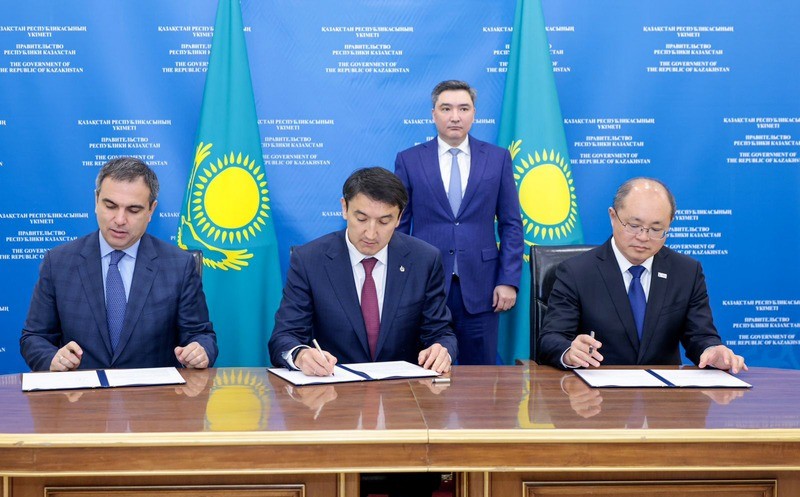EU Supports Uzbekistan’s Anti-Corruption Efforts
The European Union, an EU Consortium under the leadership of GIZ (Germany), UNDP Uzbekistan, and the Anti-Corruption Agency of Uzbekistan, have joined forces to bolster Uzbekistan’s anti-corruption efforts.
Funded by the European Union, “Improving Governance in Uzbekistan,” was officially launched on 19 April, and targeting all 14 of Uzbekistan’s regions, will run until 2026.
As reported by the Delegation of the European Union to Uzbekistan, the campaign will be actioned through two closely related projects.
The first, “Inclusive corruption prevention,” will be implemented by the EU Consortium under the leadership of GIZ in partnership with Regional Dialogue and the Central Finance and Contracting Agency of Latvia. The budget of 4,550,000 euros is co-funded by the German government.
The second, “Strengthening the National Anti-Corruption Ecosystem in Uzbekistan,” costing 2,500,000 euros, will be implemented by UNDP.
Operating in tandem, the projects aim to address critical challenges faced by anti-corruption efforts including weak institutionalization and gaps between national and regional levels of their implementation.
Ms. Charlotte Adriaen, EU Ambassador to Uzbekistan, expressed her optimism about the campaign, saying, “This initiative signifies EU’s continued support of the ambitious reform program in Uzbekistan. Supporting efforts in fighting corruption will be essential for ensuring sustainable and equitable development.”
Speaking on behalf of Anti-Corruption Agency, director Mr Burkhanov outlined expansive plans to address the issue including the introduction of the Integrity Assessment initiative and ensuring that corruption reforms reach all regions. In addition, the agency is set to introduce digital technologies and artificial intelligence into the anti-corruption system, enhance cooperation of civil society institutions and increase their effectiveness, and introduce a coordinated system for cooperation with donors supporting anti-corruption.








